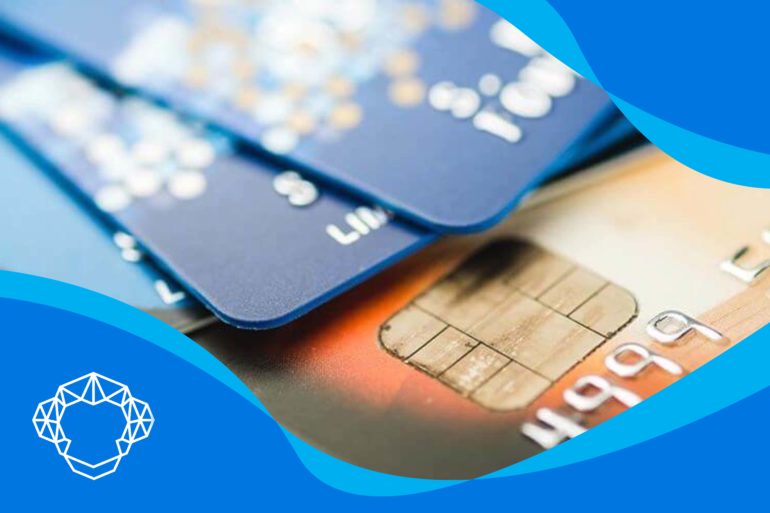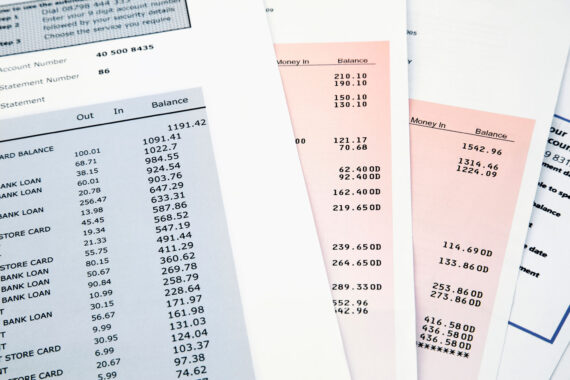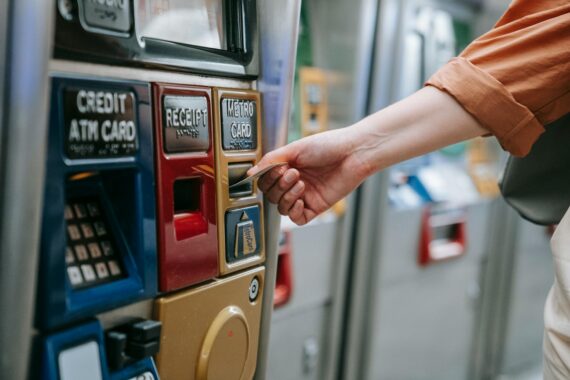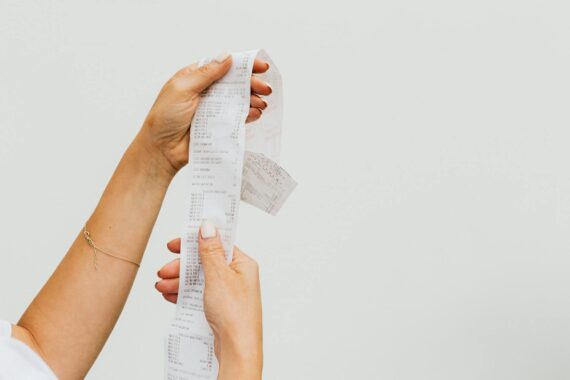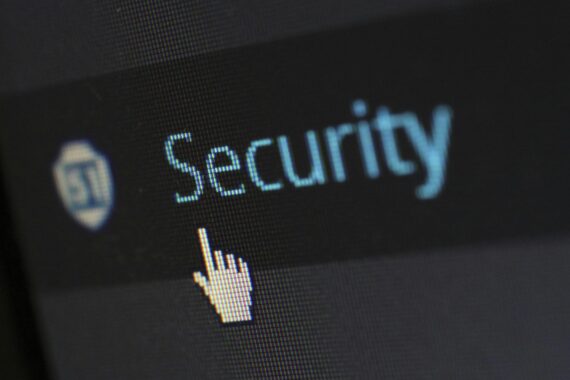When you’re running a company, every decision you make along the way is crucial. Deciding what the best credit card machine for a small business is and getting the right equipment is a major turning point. It will impact your success in the long run. So read on to get to know about the most influential brands, modern features, processors, and more. Save your money, increase your revenue, and boost customer experience with our helpful tips.
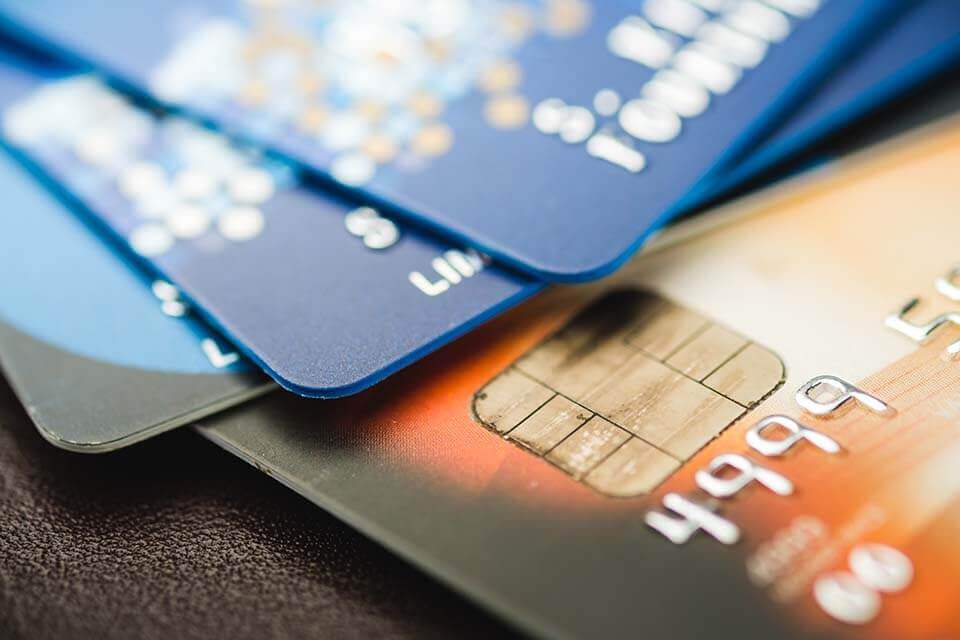
Credit Card Terminals for a Small Business
There are two options when it comes to getting credit card (CC) machines. You can choose between universal and proprietary terminals. Universal machines are not restricted to a particular processor by their manufacturer. On the other hand, proprietary machines are compatible with one or several different processors. Using them would be limiting your usage of that machine to a few companies.
Reprogramming capabilities are usually the main reason why most entrepreneurs want to know what type of machine they’re buying. If you get a proprietary machine and choose to switch processors in at some point, you will need to buy a brand-new device. However, if you are buying a universal machine, you just have to sign up for a new processor to reprogram your current machine. You can find out more about the exact features and how the processing will go by asking your provider directly.
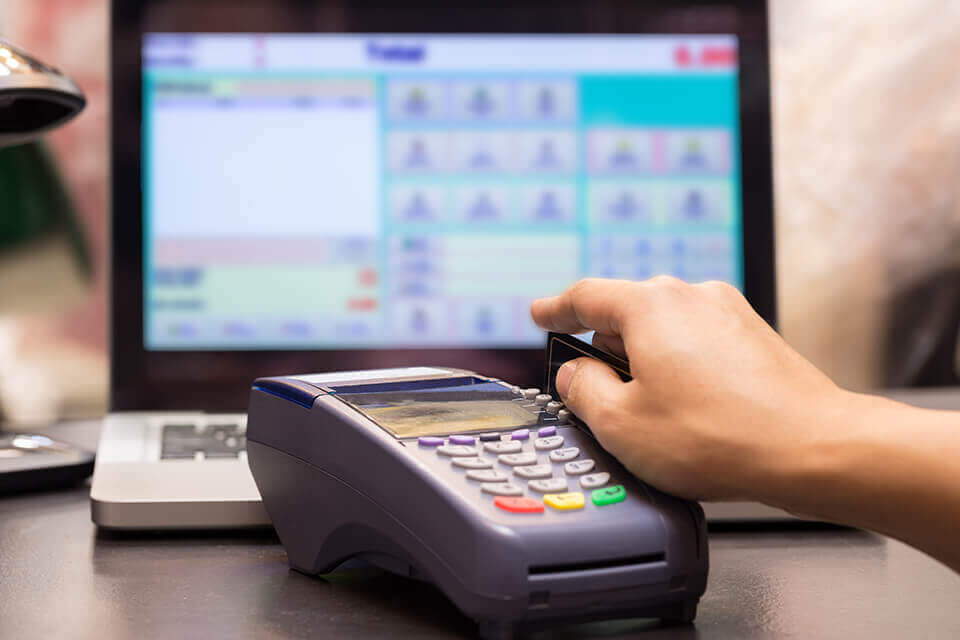
How Do I Get a Credit Card Machine for My Small Business?
You are running a fairly small yet predestined-for-success company, and you want to save up and simplify the whole process. So, how to get a credit card machine for a small business? Here are the basic steps:
- Explore your options and compare prices,
- Base your conclusions on several parameters that are relevant for your company,
- Choose service providers and products that seem most trustworthy by offering the highest level of transparency,
- Choose your methods and ways to accept payments,
- Know the volume of transactions you will be dealing with,
- Set up a merchant account,
- And to put it simply – gather as many insights as you can.
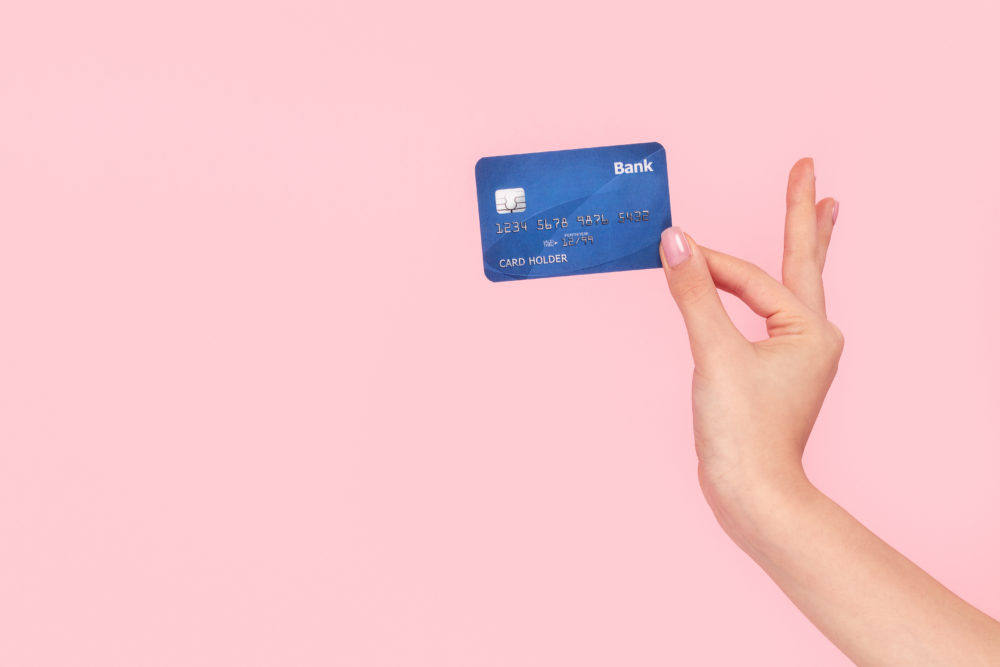
The Ultimate Credit Card Machines for a Business: Our Top Picks
If you need a small business credit card machine that will suit you, here are some of the products you should consider:
- Terminal Dejavoo Z8 with a simple WiFi connection and multiple options,
- Clover Go, a light, fully mobile solution,
- Clover Station, a large device with the most versatile POS system.
Explore our top picks and see which system works best for you.
How to Setup Credit Card Payments for a Small Business?
According to Statista, the US is the sixth country in the world by the popularity of plastic money. It is no wonder businesses are comfortable with this practice. However, you still might have some questions.
First of all, you must decide how you’ll accept non-cash payments. Once you are in the clear regarding this essential question, you can move on to the next stages. You will have to deal with finding a processing provider, getting merchant services from them, setting up terminals, and more.
In-Person Payments
In-person CC processing is very helpful for classic brick-and-mortar retailers, on-site service providers, and mobile business merchants. These transactions require the customer to present the card. These transactions have quite a low risk of scams, so in-person transactions normally have more economical fees than all other sorts of transactions. You will only need a card reader and a POS system to process these payments.
Online Payments
Ecommerce businesses, eateries that receive orders online, and companies that offer digital services all rely on online non-cash processing. Online transactions usually have more high-priced fees than in-person transactions. If you choose to accept online transactions, you should have a digital storefront, such as an eCommerce shop or website, and a gateway for payments.
Over-the-Phone Payments
These transactions commonly happen over the phone and are widely accepted by fast-food diners and restaurants to charge their customers for delivery orders. This process means the customer should share their CC number with the merchant. After that, the merchant should manually enter the information into their card reader.
However, this option usually acquires the costliest transaction fees because they represent the biggest uncertainty and a higher risk of fraud. If you want to charge and process over the phone, you must have a CC reader and a POS or an online payment gateway.
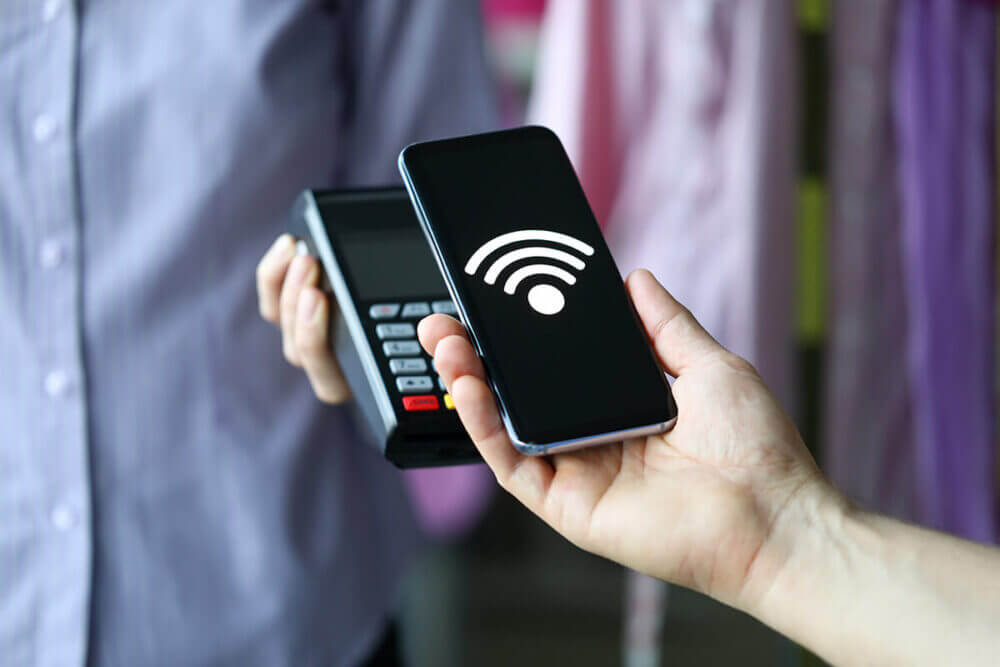
Find the Best Processing Provider for Your Small Business
Many payment-processing providers offer convenient solutions at various merchant service rates. To pick the right one, you should carefully analyze and estimate what share of transactions you will be processing in person, online, and over the phone. Furthermore, you must think about the types of cards you will accept (Visa, Mastercard, Discover, American Express, etc.). Processing fees can vary depending on transaction types and card types. It is in your best interest to get a provider that grants the most competitive prices.
In addition to this, the volume of transactions your business will be processing is also important. Some providers offer better rates for those who have more transactions. If you have an online company, make sure the payment processor you pick integrates smoothly and efficiently with your website.
Open a Merchant Account
After picking a processor, you should set up a merchant services account. Although you may already be working with common providers like PayPal or its alternatives for personal transactions, you should establish a separate company account to enable your firm to accept credit card payments.
Applying for a merchant account usually entails giving some information on your business and establishing a link to your business’s bank account where you will keep the money.
Set up Payment Terminals
One last thing you ought to do to accept plastic is to set up payment terminals across your company. If you own a traditional brick-and-mortar shop, you should order and set up hardware, like a reader and a POS. You can choose among multiple readers available on the market. You can charge for your goods or services with a swipe, an inserted chip, or a contactless tap.
If you make online sales, you must set up an online paying system. If you’re looking for an eCommerce platform like Shopify or its alternatives, their portals come with their own eCommerce platforms. If you have developed a custom website, you might want to seek technical support from your provider.
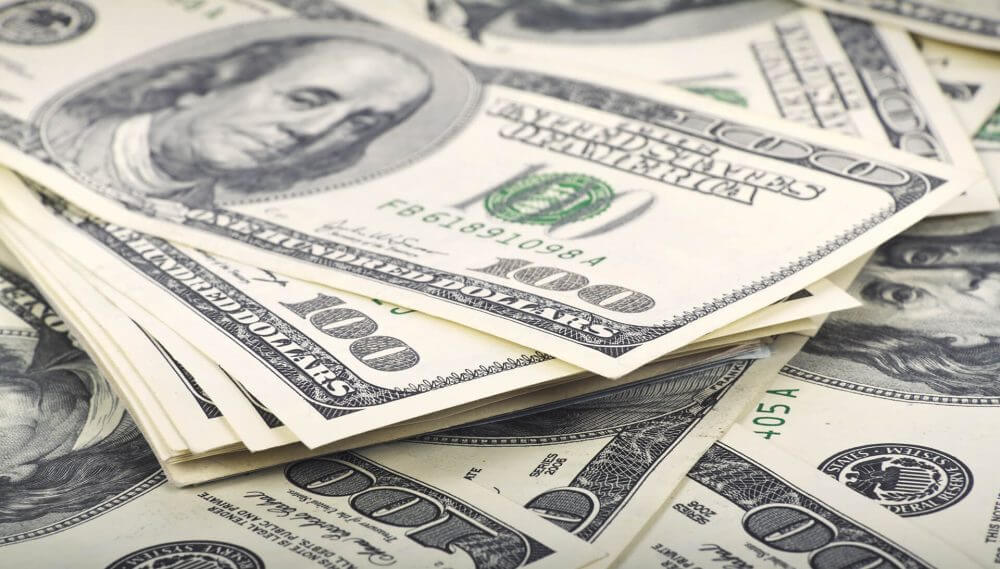
CC Machines and POS Systems
One thing to consider is whether you need a primary CC machine or a complete POS system. Credit card machines are smaller and offer fewer features. Many businesses don’t need or want a whole POS system. POS systems offer both non-cash acceptance and non-payment functions. They can cover inventory management capabilities, detailed sales reporting, employee time clocks, payroll, and much more.
On the other hand, regular countertop machines are primarily made to accept debit cards. They offer limited reporting. However, they won’t serve other non-payment business purposes. If you only wish to have a machine that will handle the transfer of funds, a universal machine will satisfy your necessities. You can decide to use a CC machine and POS system. Still, many companies discover that using both suits their requirements.
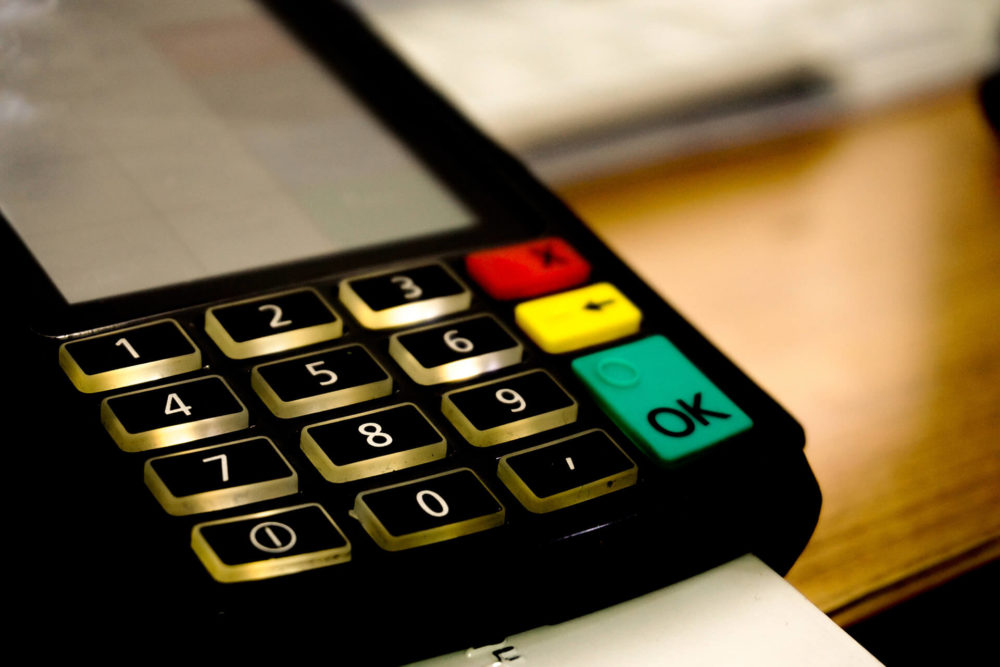
CC Machines and Mobile Card Readers
Mobile readers are becoming increasingly widespread. You can connect the small readers to smartphones or tablets through Bluetooth or a headphone jack. That way, they allow you to take credit and debit cards without having a particular machine. And now, nearly every modern-day processor offers a reader.
All readers work with a processor’s payment app. It is your job to download it before you use the reader. The app will enable payment acceptance. In some cases, it will provide limited functions like adding products to inventory for smoother checkout.
Mobile readers offer quite similar functions as traditional readers, but they are built for use on the go. Keep that in mind when thinking about its compatibility with your line of work and needs.
Bonus Tip: Don’t Lease a CC Machine for a Business
There’s no actual reason to lease a credit card machine. Marketing experts and sales agents will most likely try to persuade you. If they do, keep these risks and disadvantages in mind. First of all, it will cost you substantially more in the long run. These days, machines are pretty affordable. A basic chip-capable machine can cost you around $300 or more.
Leases usually involve non-cancellable contracts that bind you for the next four years. These agreements are separate from your merchant account contract. You could even decide to close your business, but you will still have a contract for your processing machine. In addition, some leasing companies deliberately strive to go after smaller companies in court if they try to get out of a lease contract. So our best piece of advice is to skip the whole idea of leasing and purchase a machine that matches your needs and goals.
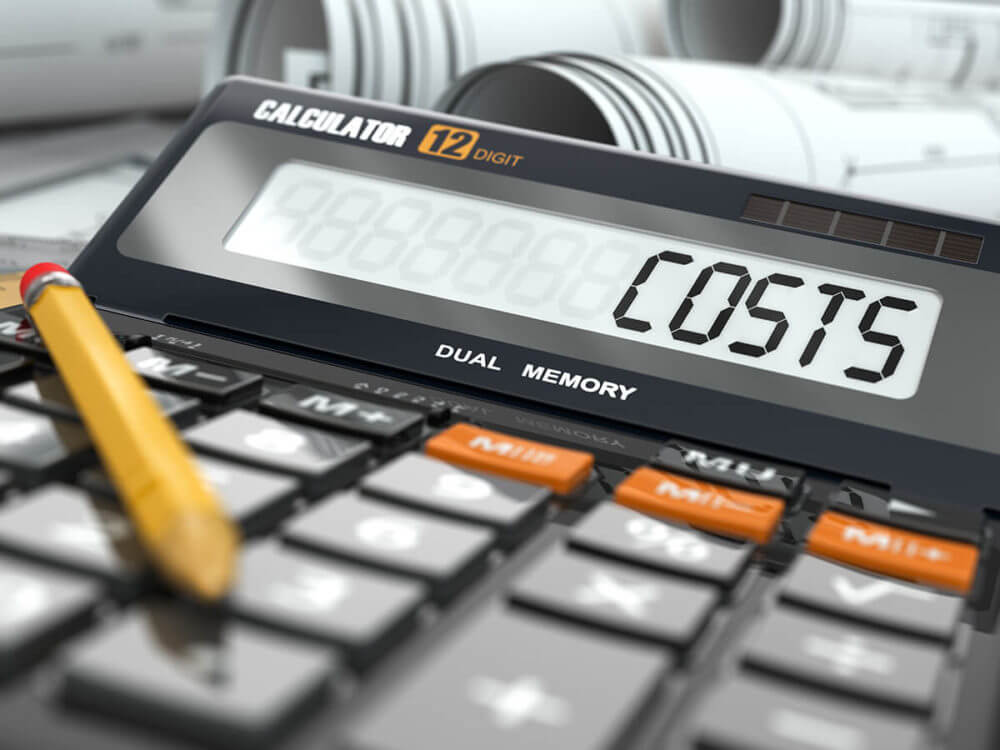
How Much Does it Cost for a Credit Card Machine?
There is no precise answer to this question since the pricing can alternate a lot. These machines can cost you anywhere between $200 and $1,000. The range mainly depends on the features. Additional features such as WiFi connectivity and touch screens can add to the price. And of course – the range depends on the company that sells them. In addition, you should be well-informed about any associated fees, like transaction fees and flat rates.
Which Credit Card Processing Is Cheapest for a Small Business?
If you are a bit low on cash and pricing is your prime concern, you should learn how to determine the criteria you will base your search upon. Firstly, the pricing itself has many sections. See which ones are relevant to you. For instance, if you are running an online-only firm, you won’t be needing much hardware equipment. So, you can cross that off your list and look into other segments carefully. For instance, the Dejavoo – Z8 – EMV Terminal is one of the cost-effective solutions we would highly recommend.
There are many ways that will help you choose the best processing for your business. Transparency, added value, and tiered models should be among your priorities when seeking a reliable partner. Although you must keep tabs on all your costs and actions, picking the wrong processor can be more expensive further down the line.
Free CC Machines
Every beginning is challenging. That is exactly why so many jump-starters and smaller firms are enticed by offers of free credit card processing machines. However, there are risks lurking around the corner. In this industry, it is nearly impossible to get anything for free. In many cases, the costs are building up somewhere else. Usually, what goes around comes back around in the form of higher processing fees. So, was it actually free of charge?
If you’re looking for a way to save up while increasing your profits, remember this: buying the machine is a one-time cost. On the other hand, your processing fees are ongoing. The math is simple: if a processor offers competitive prices, their margins won’t be big enough to grant you a free machine.
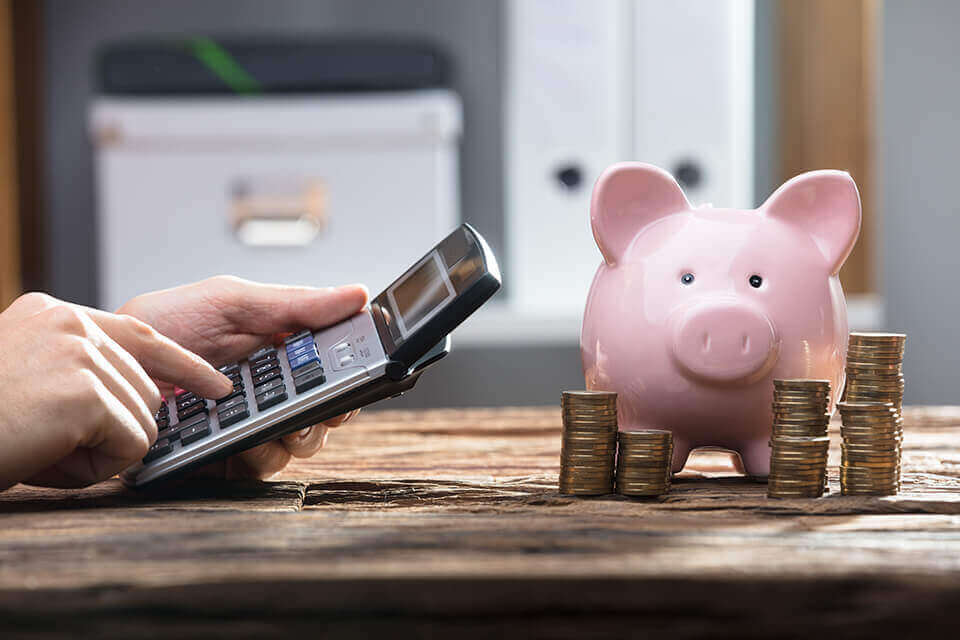
Choose the Best Credit Card Machine for a Small Business
All of this can sound a bit overwhelming if you are just getting started. However, we know that you have what it takes to make it. Once you grasp these useful insights, you will have no problem picking the best solutions and providers. When picking a merchant processing company, stick with the proven tips and never forget to read the testimonials. Go for the solution similar successful small businesses would wholeheartedly recommend.

